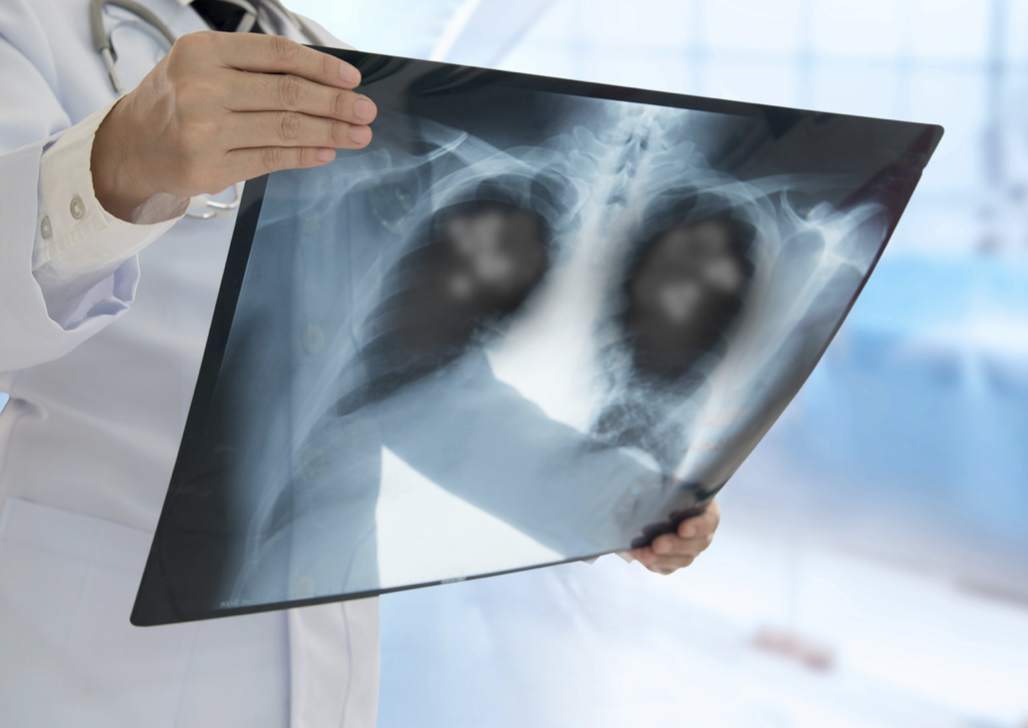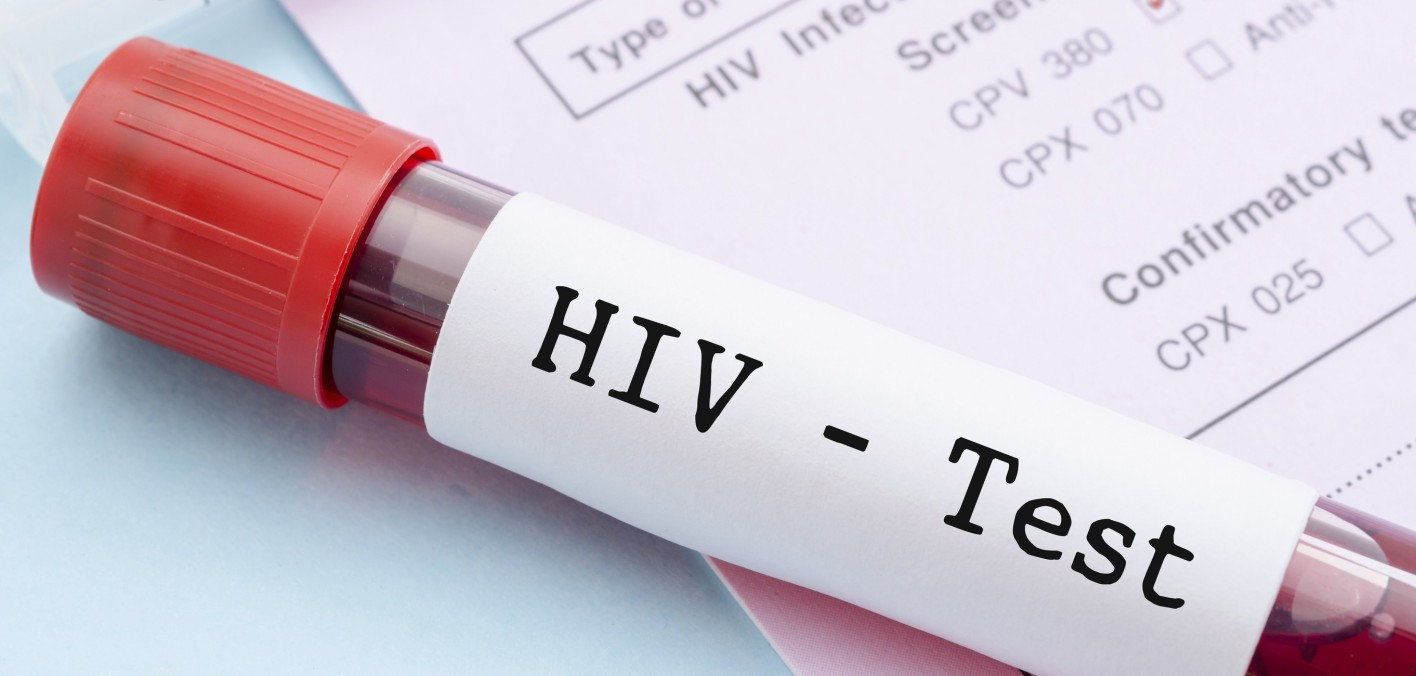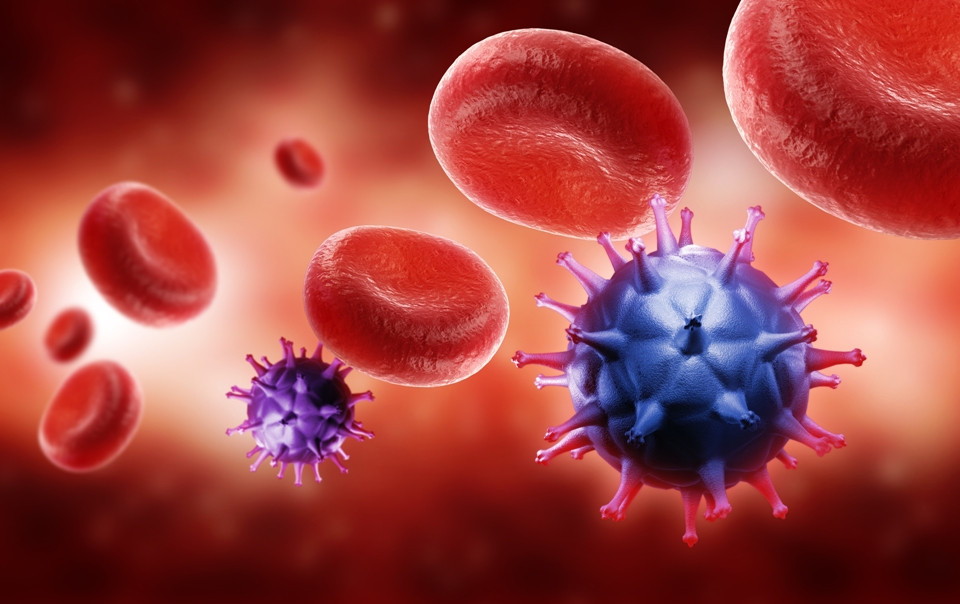Definition
Pneumonia is an infection of the lungs. Pneumonia in patients with compromised immune systems, such as those with HIV/AIDS, organ transplant recipients, or individuals using certain medications, is often caused by different organisms. One type of pneumonia is Pneumocystis jirovecii pneumonia (PCP).
Pneumocystis jirovecii pneumonia (PCP), also known as Pneumocystis pneumonia or PJP pneumonia, is a severe lung infection caused by the fungus Pneumocystis jirovecii. Initially, Pneumocystis jirovecii pneumonia was referred to as Pneumocystis carinii. This fungus often infects patients with compromised immune systems, such as those with HIV/AIDS. With the advent of antiretroviral therapy (ART) and preventive antibiotics, the incidence of PCP has decreased, but it remains an important public health concern. Over the past two decades, the mortality rate of patients with PCP has been around 10–20%. The recovery rate of PCP in HIV patients is lower, with a mortality rate of up to 50%.
Causes
Pneumocystis jirovecii is a fungus commonly found in the lungs. In populations with normal immune systems, Pneumocystis jirovecii can reside in the lungs without causing symptoms or infection. It is estimated that around 20% of adults have Pneumocystis jirovecii fungus in their lungs at some point, but their immune systems successfully handle the fungus after several months of exposure. This fungus only causes infection if the body's immune system is weakened due to AIDS, immunosuppressive medications (such as corticosteroids), or cancer. Therefore, this fungus is called an opportunistic microorganism.
PCP can spread from person to person through the air. Healthy individuals can transmit this fungus to people with compromised immune systems. Many children are exposed to the Pneumocystis jirovecii fungus but remain asymptomatic because their immune systems can prevent the fungus from causing an infection. Previously, experts believed that PCP infection in childhood could recur in adulthood if the immune system was compromised. However, recent evidence suggests that PCP infections occurring in adults are caused by recent exposure.
Other organisms, such as Aspergillus and Candida fungi, the bacterium Staphylococcus aureus, Streptococcus pneumoniae, and Haemophilus influenzae, as well as Cytomegalovirus and Herpes simplex virus, can also cause pneumonia.
Risk factor
Most people with PCP have vulnerable immune systems, meaning their immune systems cannot effectively combat infections. Approximately 30–40% of PCP patients have HIV/AIDS, and most others develop PCP due to long-term use of immunosuppressive drugs (such as corticosteroids). Patients with HIV/AIDS are at high risk of prolonged hospitalization due to PCP compared to other populations.
Populations vulnerable to PCP include:
- Individuals with chronic lung disease
- Cancer patients
- Those with immune system disorders, such as autoimmune diseases (such as lupus, rheumatoid arthritis)
- Organ transplant recipients
- HIV/AIDS patients with a CD4 count of 200 cells/mm3 or less
Symptoms
The symptoms of PCP are similar to those of community-acquired pneumonia and may include:
- Fever
- Productive cough
- Difficulty breathing or shortness of breath
- Chest pain
- Chills
- Fatigue throughout the day
Symptoms of PCP develop gradually, lasting for several days to weeks. The symptoms are generally not severe. Symptoms in PCP patients without AIDS are more severe and progress more rapidly than in the AIDS population. Therefore, patients often ignore symptoms and seek help late.
Diagnosis
Doctors can diagnose PCP based on symptoms, physical examination, and supportive tests. Your doctor will inquire about your main complaints, duration of symptoms, and your risk factors. Make sure to explain your current medical condition to your doctor, such as whether you have HIV/AIDS, lupus, or have undergone organ transplantation. Your doctor will also ask about the medications you are taking. During the physical examination, your doctor will listen to your heart sounds, and check your body temperature, breathing, and oxygen saturation.
Additional tests that may be performed as indicated include:
- Complete blood count
- Blood gas analysis to check oxygen and carbon dioxide levels in the blood
- Sputum examination to identify the causative microorganisms
- Bronchoalveolar lavage to obtain lung samples if it is difficult to expectorate sputum or if the obtained sputum contains too much saliva or saliva
- Blood bacterial culture
- Chest X-ray, although it may show normal results
Sputum will be examined in the laboratory using polymerase chain reaction (PCR) methods to detect fungal genetic material.
Management
Once a diagnosis of PCP is established, your doctor will prescribe antibiotics either orally or intravenously, depending on the severity of the pneumonia. These medications will be given for about 3 weeks. The antibiotics used may cause fever and skin rash.
The treatment of pneumonia depends on:
- Immune system issues
- Severity of the disease
- Causative organism of the infection
If antibiotics fail to improve clinical conditions, the doctor may add types of antimicrobials that can target viruses and fungi.
The primary therapy for PCP, besides managing clinical conditions, is to boost the immune system. Based on the doctor's assessment, medications being taken such as chemotherapy may be temporarily discontinued until the infection subsides. This is determined based on discussions with the oncologist who prescribed the medications.
Doctors may administer corticosteroids with monitoring to patients experiencing shortness of breath or continuously decreasing oxygen saturation.
Patients who have had PCP should quit smoking as tobacco use increases the risk of PCP and the severity of the disease. Since PCP patients are generally quite vulnerable, nutritional intake needs to be monitored and calorie intake increased. Patients need education on regular treatment to prevent recurrent infections.
Complications
Even though pneumonia has been resolved, the risk of death from PCP is higher than from ordinary pneumonia. PCP can cause respiratory failure leading to death. Typically, the medical condition of patients with PCP is already poor even before pneumonia occurs.
Possible complications include:
- Pleural effusion (rare)
- Collapsed or shrunken lung (pneumothorax)
- Respiratory failure requiring mechanical ventilation
Prevention
To date, there is no vaccine to prevent PCP. Patients with HIV/AIDS can prevent PCP by regularly taking ART to maintain CD4 counts above 200 cells/mm3. If you have had PCP, your doctor will ask you to continue taking medication for a period after recovery to prevent PCP from recurring.
Doctors generally prescribe antibiotic medications to vulnerable populations to prevent PCP, including:
- HIV/AIDS patients with CD4 counts <200 cells/mm3
- Bone marrow transplant recipients
- Organ transplant recipients
- Long-term and high-dose corticosteroid users
- Those who have had PCP previously
- Long-term users of immunomodulatory drugs
When to see a doctor?
If you belong to a vulnerable population due to AIDS, cancer, transplantation, or long-term corticosteroid use, seek medical attention immediately if you experience symptoms such as cough, fever, and shortness of breath. PCP patients require prompt and appropriate treatment.
Looking for more information about other diseases, Click here!
- dr Anita Larasati Priyono
Centers for Disease Control and Prevention. (2021). Pneumocystis pneumonia. Available from: https://www.cdc.gov/fungal/diseases/pneumocystis-pneumonia/index.html
Gillroy SA. (2019). Pneumocystis jiroveci Pneumonia (PJP) overview. Mescape. Available from: https://emedicine.medscape.com/article/225976-overview#a1
Sethi S. (2020). Pneumonia in immunocompromised people. MSD Manual. Available from: https://www.msdmanuals.com/home/lung-and-airway-disorders/pneumonia/pneumonia-in-immunocompromised-people
Truong J, Ashurst JV. Pneumocystis Jirovecii Pneumonia. [Updated 2022 Feb 17]. In: StatPearls [Internet]. Treasure Island (FL): StatPearls Publishing; 2022 Jan-. Available from: https://www.ncbi.nlm.nih.gov/books/NBK482370/
Vyas JM. (2019). Pneumocystis jiroveci pneumonia. MedlinePlus. Available from: https://medlineplus.gov/ency/article/000671.htm











